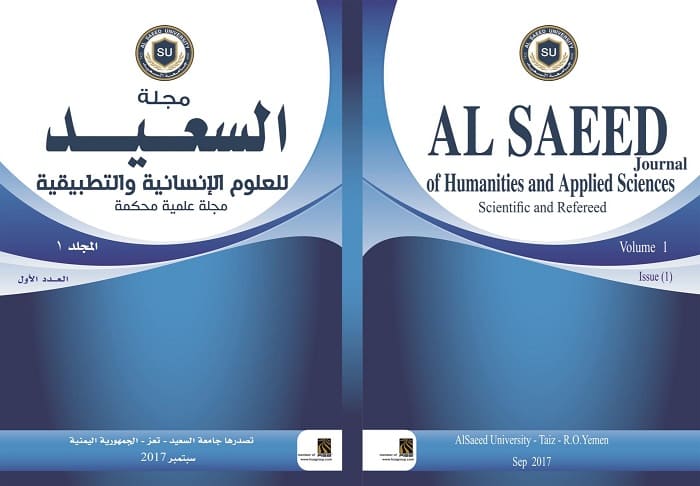Requirements for applying corporate governance in the Arab countries
DOI:
https://doi.org/10.59325/sjhas.v1i1.25Keywords:
Requirements - Application - Corporate GovernanceAbstract
The study aimed to find out the most important requirements of the application of corporate governance in the Arab countries, and constraints that prevent the effective application of its principles and to identify the most prominent Arab experiences in the field of governance. The study concluded a set of conclusions that led to that the trend is positive in some Arab countries to adopt the theme of corporate governance, and conviction as a director effective to ensure the rights of stakeholders. This emerged through the issuance of some legislation, laws and regulations, and the establishment of special committees governance and hosting conferences and seminars promote culture of governance. However, the results showed the control of most of the governments of Arab countries on most of the commercial and service companies. and its monopoly of the most important economic activities, and the weakness of the legal and legislative structure, appropriate organizational structure, and the low of the political and economic will in order to come out with a common Arab vision.The study recommended the need to promote a culture of governance and the creation of a unified vision of the concept of corporate governance in the Arab world and the development and modernization of legislation, laws and organizational frameworks and standardization among all countries in line with legislation and international standards, standardization and modernization of legal and organizational frameworks and to ensure transparency and disclosure and anti-corruption. The international community plays its role in the involvement of Arab institutions in the international dialogue through conferences, seminars and international working groups, and the development of the informatics structure among Arab institutions and to assist some countries in overcoming their problems, and the need for inclusion of non-financial institutions within the circle of care and attention.
Downloads
Published
How to Cite
Issue
Section
License
copyright is retained by the authors. Articles are licensed under an open access Creative Commons CC BY 4.0 license, meaning that anyone may download and read the paper for free. In addition, the article may be reused and quoted provided that the original published version is cited. These conditions allow for maximum use and exposure of the work.



